Prodigies often seem like characters from books and movies, but they do exist in real life. One of the most extraordinary real-life stories is that of Akrit Pran Jaswal, a remarkable boy from Himachal Pradesh, India. Known for performing surgery at the tender age of seven, Akrit was hailed as the “world’s youngest surgeon.” His journey from a gifted child to a pioneering medical researcher is a tale of relentless pursuit of knowledge and compassion for
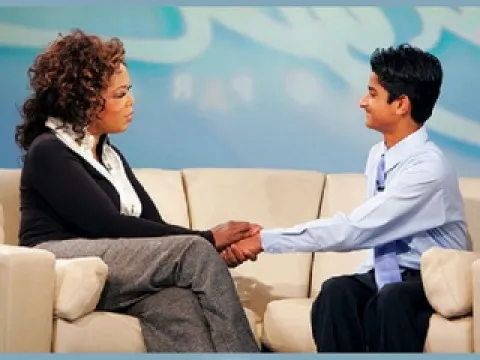
Akrit Jaswal was born on April 23, 1993, in Nurpur, a small town in Himachal Pradesh. From a very young age, Akrit displayed astonishing abilities. By ten months, he was already walking and talking, milestones that typically come much later. At two years old, he was not just recognizing letters but reading and writing. His voracious reading habits included English novels by the age of five, a feat that left everyone around him in awe. While most children his age grappled with basic arithmetic, Akrit was exploring subjects far beyond his years.
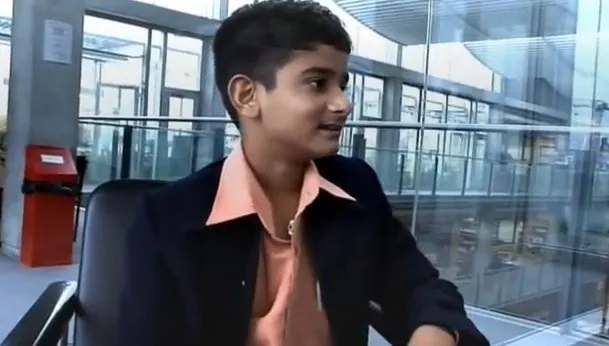
Akrit’s fascination with medicine began early. Encouraged by local surgeons in his village, who allowed him to observe their operations, his interest in surgery grew rapidly. This unusual exposure to the medical field led to his first groundbreaking achievement.
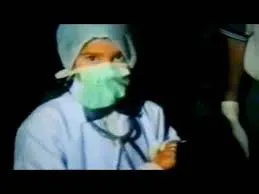
At the age of seven, Akrit performed his first surgical procedure. An eight-year-old girl from his village had suffered severe burns, which left her fingers fused together. Her parents, unable to afford professional medical care, turned to Akrit. With basic tools and his remarkable understanding of human anatomy, Akrit successfully separated her fingers. This act of surgical skill not only alleviated the girl’s suffering but also brought Akrit national recognition as a medical genius.
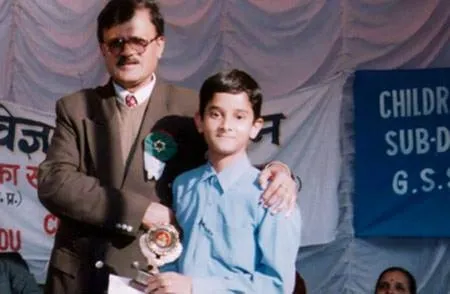
Akrit’s intellectual journey did not stop with surgery. At the age of 12, he became the youngest university student in India, enrolling in Chandigarh College (now Chandigarh University) to study science. His exceptional IQ of 146, the highest recorded for his age group in India, facilitated his rapid academic progress. By the age of 17, he was pursuing a master’s degree in applied chemistry, showcasing his ability to excel in multiple scientific disciplines.
Akrit’s story soon caught the attention of international media. At 13, he appeared on Oprah Winfrey’s talk show, where he discussed his medical pursuits and his aspirations. This appearance not only introduced him to a global audience but also highlighted his profound intelligence and dedication to medical research.
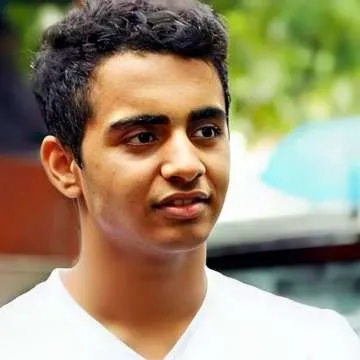
Despite his young age, Akrit’s experiences and observations at hospitals deeply affected him. He was particularly moved by the plight of cancer patients who could not afford treatment. This empathy fueled his passion for finding a cure for cancer. He dedicated himself to studying bioengineering and cancer research at the prestigious Indian Institute of Technology (IIT) Kanpur. His focus was on developing novel therapeutic approaches, including his concept of oral gene therapy.
“I’ve developed a concept called oral gene therapy based on my research and theories. I’ve been visiting hospitals since I was six, witnessing people suffer from pain. This is the driving force behind my passion for medicine and cancer research,” Akrit shared in an interview.
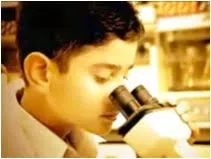
However, Akrit’s journey has not been without challenges. Some British medical professionals and researchers criticized his ideas, suggesting he might not fully grasp the complexities of cancer treatment. Despite these setbacks, Akrit remained undeterred. He continued his studies and research with unwavering dedication, driven by his early memories of cancer patients and a profound desire to alleviate their suffering.
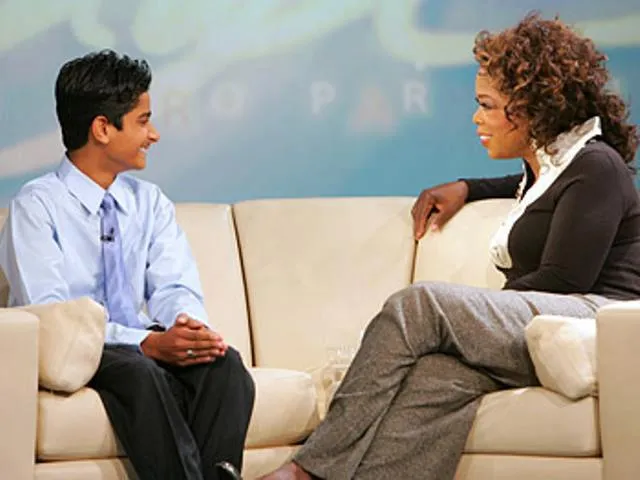
Today, Akrit Jaswal is not just a medical prodigy but a symbol of hope and perseverance. He continues to work tirelessly, driven by his dream of finding a cure for cancer. His journey from a child surgeon to a dedicated researcher is a testament to his extraordinary intellect and compassionate spirit.
As he advances in his research, the world watches with bated breath, hoping that his groundbreaking ideas may one day lead to new, life-saving treatments for cancer.
